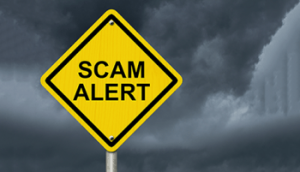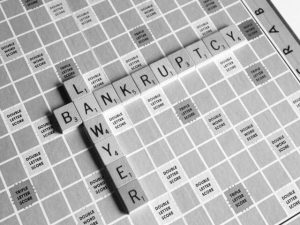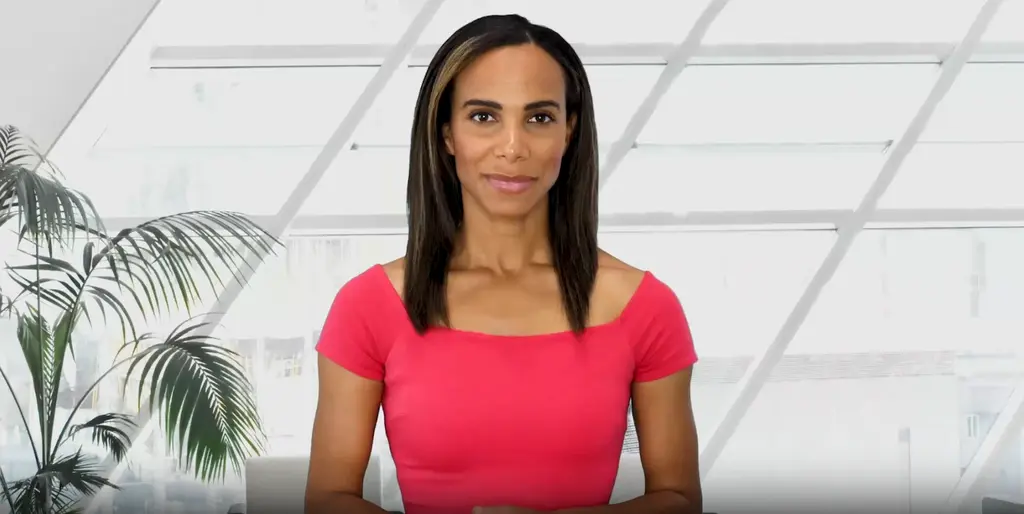Content Reviewed by:
Dave Gormley •
August.12.2019
Vertified Content
Aug 12, 2019
| Read Time: 4 minutes
(Originally published in 2013, and updated in 2019, because it keeps happening!)
In the last year, we have gotten several calls from clients who have gotten calls from debt collectors threatening them with jail time.
Some of these clients had already filed for bankruptcy so they knew something was wrong, but they were still upset.
Consumers across the country report that they’re getting telephone calls from people trying to collect on loans the consumers never received or on loans they did receive but for amounts they do not owe. Others are receiving calls from people seeking to recover on loans consumers received but where the creditors never authorized the callers to collect for them.
Some of these people have filed for bankruptcy, and that means their list of creditors are public record. If you file a bankruptcy, you have to list all of your creditors on your bankruptcy petition.
However, once you file for bankruptcy the collection agencies also must stop their collection efforts. So anyone calling for a debt after you file for bankruptcy should simply be referred to your attorney.
And some of these people never filed for bankruptcy at all. So what’s the story?
The Federal Trade Commission (FTC), the nation’s consumer protection agency, is warning consumers to be on the alert for scam artists posing as debt collectors. It may be hard to tell the difference between a legitimate debt collector and a fake one.
Sometimes a fake collector may even have some of your personal information, like a bank account number. A caller may be a fake debt collector if he:
- is seeking payment on a debt for a loan you do not recognize;
- refuses to give you a mailing address or phone number;
- asks you for personal financial or sensitive information; or
- exerts high pressure to try to scare you into paying, such as threatening to have you arrested or to report you to a law enforcement agency.
Think That A Caller May Be A Fake?
- Ask the caller for his name, company, street address, and telephone number.
- Tell the caller that you refuse to discuss any debt until you get a written “validation notice.” The notice must include the amount of the debt, the name of the creditor you owe, and your rights under the federal Fair Debt Collection Practices Act.
If a caller refuses to give you all of this information, do not pay! Paying a fake debt collector will not always make them go away. They may make up another debt to try to get more money from you.
- Stop speaking with the caller. If you have the caller’s address, send a letter demanding that the caller stop contacting you, and keep a copy for your files. By law, real debt collectors must stop calling you if you ask them to in writing.
- Do not give the caller personal financial or other sensitive information. Never give out or confirm personal financial or other sensitive information like your bank account, credit card, or Social Security number unless you know whom you’re dealing with. Scam artists, like fake debt collectors, can use your information to commit identity theft – charging your existing credit cards, opening new credit card, checking, or savings accounts, writing fraudulent checks, or taking out loans in your name.
- Contact your creditor. If the debt is legitimate – but you think the collector may not be – contact your creditor about the calls. Share the information you have about the suspicious calls and find out who, if anyone, the creditor has authorized to collect the debt.
Report the call. Contact the FTC and your state Attorney General’s office with information about suspicious callers. Many states have their own debt collection laws in addition to the federal FDCPA. Your Attorney General’s office can help you determine your rights under your state’s law.
Want to know more? Discover what you need to know about bankruptcy in Maryland. Click here to see our Free Legal Consumer Guide to Maryland bankruptcy cases and get answers to your questions today. Know your options. Be informed. Protect yourself.
Need a bankruptcy lawyer? Please contact us for a consultation today if you need a Maryland bankruptcy lawyer for your bankruptcy case.
Like our blog? Subscribe to our email newsletter and stay informed!







